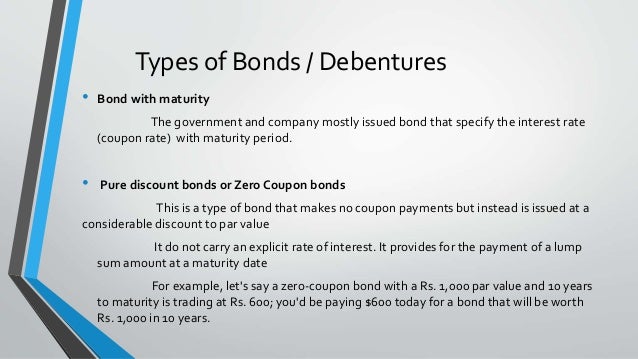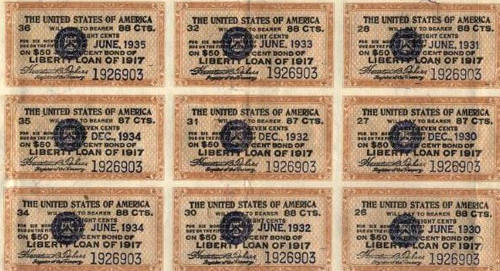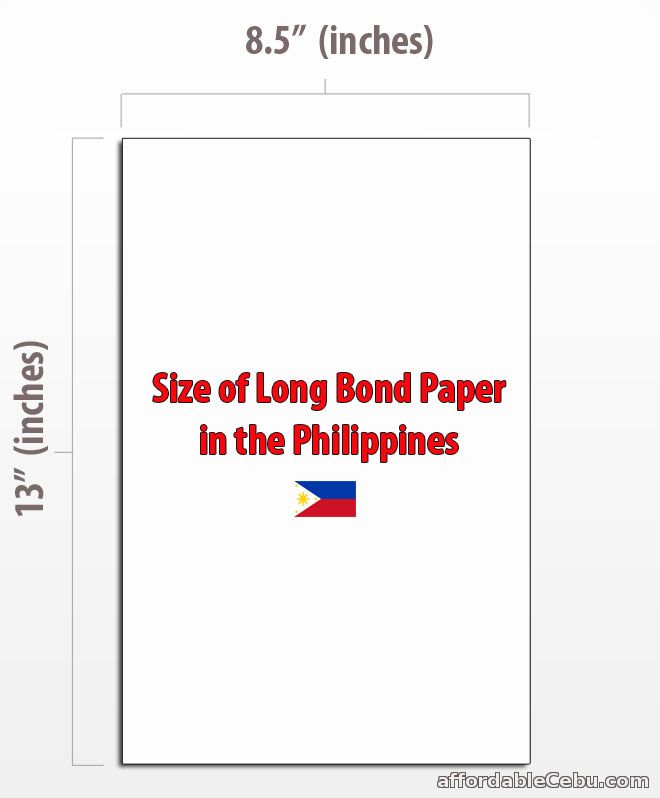45 what is coupon for bond
Zero coupon bond definition — AccountingTools January 15, 2022 What is a Zero Coupon Bond? A zero coupon bond is a bond with no stated interest rate. Investors purchase these bonds at a considerable discount to their face value in order to earn an effective interest rate. An example of a zero coupon bond is a U.S. savings bond. Disadvantages of Zero Coupon Bonds Bond Coupon Interest Rate: How It Affects Price - Investopedia A bond's coupon rate denotes the amount of annual interest paid by the bond's issuer to the bondholder. Set when a bond is issued, coupon interest rates are determined as a percentage of the bond's...
Coupon Rate Definition - Investopedia The coupon rate, or coupon payment, is the nominal yield the bond is stated to pay on its issue date. This yield changes as the value of the bond changes, thus giving the bond's yield to maturity...

What is coupon for bond
What is a Coupon Rate? (with picture) - Smart Capital Mind The coupon rate, also called the coupon, is the yearly interest rate payout on a bond that is communicated as a percentage of the value of the bond. Some bonds, called zero coupon bonds, are issued for less than face value and assigned no coupon rate. Instead of periodic interest payments based on the coupon rate, the higher face value is ... Coupon bond definition — AccountingTools What is a Coupon Bond? A coupon bond has interest coupons that the bond holder sends to the issuing entity or its paying agent on the dates when interest payments are due. Interest payments are then made to the submitting entity. The interest coupons are normally due on a semi-annual basis. › terms › zZero-Coupon Bond Definition - Investopedia Payment of interest, or coupons, is the key differentiator between a zero-coupon and regular bond. Regular bonds, which are also called coupon bonds, pay interest over the life of the bond and also...
What is coupon for bond. Zero-Coupon Bond - Definition, How It Works, Formula A zero-coupon bond is a bond that pays no interest. The bond trades at a discount to its face value. Reinvestment risk is not relevant for zero-coupon bonds, but interest rate risk is relevant for the bonds. Understanding Zero-Coupon Bonds As a zero-coupon bond does not pay periodic coupons, the bond trades at a discount to its face value. Coupon Rate - Meaning, Calculation and Importance - Scripbox The bond's coupon rate refers to the amount of annual interest the bondholder receives from the bond's issuer. Coupon rates are a percentage of the bond's face value (par value) and are set while issuing the bond. Moreover, the coupon payments are fixed for a bond throughout its tenure. WHAT IS COUPON RATE OF A BOND - The Fixed Income A coupon rate, simply put, is the interest rate at which an investor will get fixed coupon payments paid by the bond issuer on an annual basis over the period of an investment. In other words, the coupon rate on a bond when first issued gets pegged to the prevailing interest rate, and remains constant over the duration of an investment. What Is a Coupon Payment? - Smart Capital Mind A coupon payment is a payment made to the holder of a bond for the interest that bond accrues while it is maturing. This is typically made as a semi-annual payment, so only half of the interest owed on the bond is paid at a time. The usage of the term "coupon" stems from the largely abandoned practice of attaching coupons to a bond that ...
Deferred Coupon Bonds | Definition, How it works? Types, Advantages The interests or the coupons on the bond are accrued over the life of the bond. The issuers of the bond are not obliged to pay interest periodically. They can defer the interest payable for a certain period and pay the accrued interest in one go. When the bond matures, the accrued interest along with the principal amount is paid to the bondholder. Bonds bottoming? The upside for investors Bond funds have seen $242 billion in outflows this year. In May, mutual funds logged $90 billion in outflows alone. But bond ETFs posted $34 billion of inflows during the same period. Todd ... Coupon (Bonds) - Explained - The Business Professor, LLC A coupon is the amount an investor receives for each acquired bond depending on the percentage initially associated with it. For instance, a bond with a face value of $5000 at 4% interest yield per annum will pay a coupon of $200 yearly and $100 per coupon payment since it is done semi-annually. › zero-coupon-bondZero Coupon Bond (Definition, Formula, Examples, Calculations) = $463.19. Thus the Present Value of Zero Coupon Bond with a Yield to maturity of 8% and maturing in 10 years is $463.19. The difference between the current price of the bond, i.e., $463.19, and its Face Value, i.e., $1000, is the amount of compound interest Compound Interest Compound interest is the interest charged on the sum of the principal amount and the total interest amassed on it so far.
› glossary › zero-coupon-bondZero Coupon Bond | Investor.gov Zero Coupon Bond Instead, investors buy zero coupon bonds at a deep discount from their face value, which is the amount the investor will receive when the bond "matures" or comes due. The maturity dates on zero coupon bonds are usually long-term—many don’t mature for ten, fifteen, or more years. › Zero_Coupon_Bond_ValueZero Coupon Bond Value - Formula (with Calculator) A zero coupon bond, sometimes referred to as a pure discount bond or simply discount bond, is a bond that does not pay coupon payments and instead pays one lump sum at maturity. The amount paid at maturity is called the face value. › terms › cCoupon Bond - Investopedia Mar 31, 2020 · Coupon Bond: A coupon bond, also referred to as a bearer bond, is a debt obligation with coupons attached that represent semi-annual interest payments. With coupon bonds, there are no records of ... What Are Company Bonds? What You Want To Know - 4 Finance News Zero-Coupon Bonds. Some bonds, known as zero-coupon bonds, don't pay curiosity through the time period of the bond. They're bought for costs beneath par, then the par worth is paid when the bond matures. The investor's return is the distinction between the acquisition worth paid for the bond and the par worth.
Bond Definition: What Are Bonds? - Forbes Advisor Using the $1,000 example, if a bond has a 3% coupon, the bond issuer promises to pay investors $30 per year until the bond's maturity date (3% of $1,000 par value = $30 per annum).
dqydj.com › zero-coupon-bond-calculatorZero Coupon Bond Calculator – What is the Market Price? - DQYDJ What is a zero coupon bond? A zero coupon bond is a bond which doesn't pay any periodic payments. Instead it has only a face value (value at maturity) and a present value (current value). The entire face value of the bond is paid out at maturity. It is also known as a deep discount bond. Benefits and Drawbacks of Zero Coupon Bonds
What Is Dirty Price? A zero-coupon bond is a bond that doesn't pay a coupon. Instead, it trades at a deep discount and pays investors a lump sum when the bond reaches maturity. Because there's no interest accruing for a zero-coupon bond, the clean price and dirty price are the same. Accrued interest is typically calculated after the transaction is completed.
Gold Bond Crepe Corrector Lotion, as Low as $5.78 on Amazon (Reg. $12) ONLINE Deal. Buy 3 Gold Bond Age Renew Ultimate Crepe Corrector Lotion, 8 oz, $ 11.97 reg. price. 0% or 5% off with Subscribe & Save. Buy 2 get 1 free. Use Amazon coupon for 25% off 1 item with Subscribe & Save. $1.80 off with bonus coupon (select accounts) Shipping: Free with Amazon Prime or on orders of $25+. GREAT Deal.
What is a Zero Coupon Bond? - ICICIdirect Bonds are popular fixed income instruments issued by governments and corporations. Zero-coupon bond is a type of bond that governments and companies issue. Zero-coupon bonds, unlike other bonds, do not give investors a regular interest pay-out. Instead, they are issued at a steep discount to the bond's face value at the time of issuance.
Bond Yield Rate vs. Coupon Rate: What's the Difference? A bond's coupon rate is the rate of interest it pays annually, while its yield is the rate of return it generates. A bond's coupon rate is expressed as a percentage of its par value. The par value...
What Is a Zero-Coupon Bond? | The Motley Fool Zero-coupon bonds are debt securities that are sold at deep discounts to face value. As their name indicates, they don't pay periodic interest payments, but they do reach full maturity at a certain...
› coupon-rate-bondCoupon Rate of a Bond (Formula, Definition) | Calculate ... The coupon rate of a bond can be calculated by dividing the sum of the annual coupon payments by the par value of the bond and multiplied by 100%. Therefore, the rate of a bond can also be seen as the amount of interest paid per year as a percentage of the face value or par value of the bond. Mathematically, it is represented as,







Post a Comment for "45 what is coupon for bond"